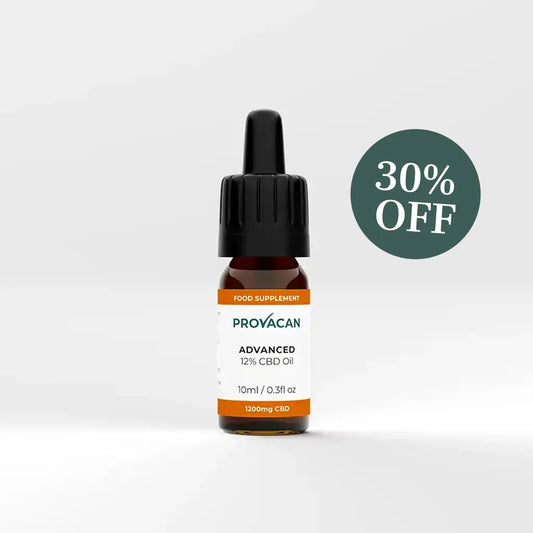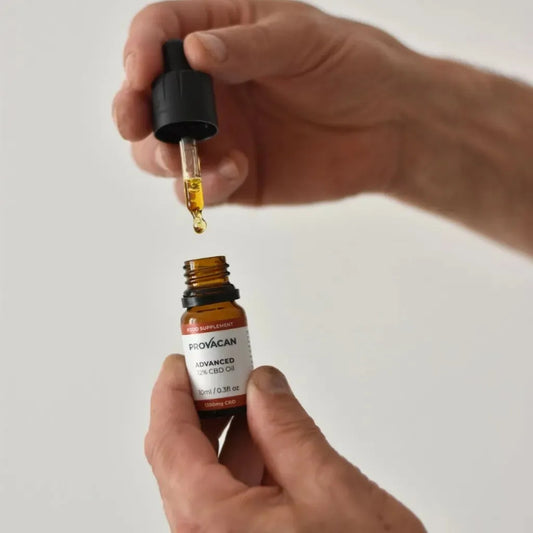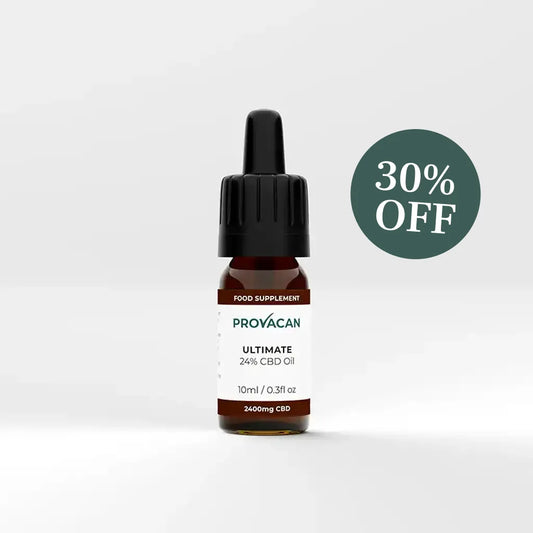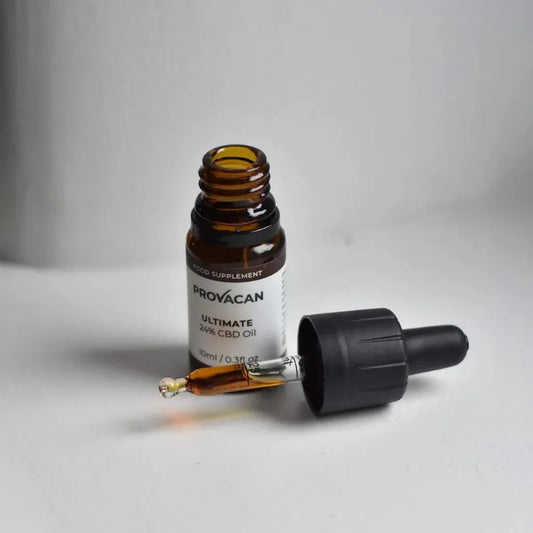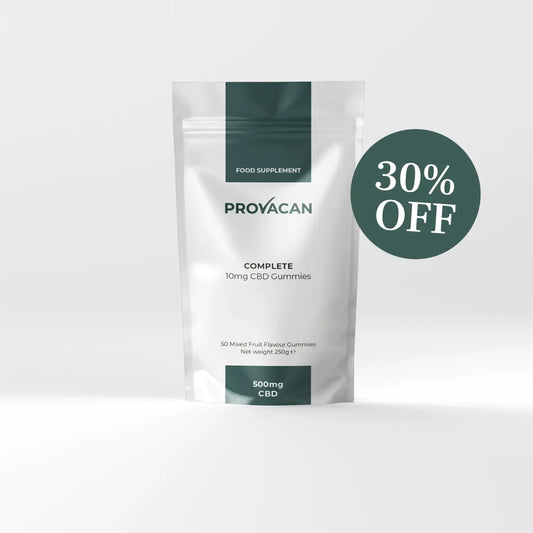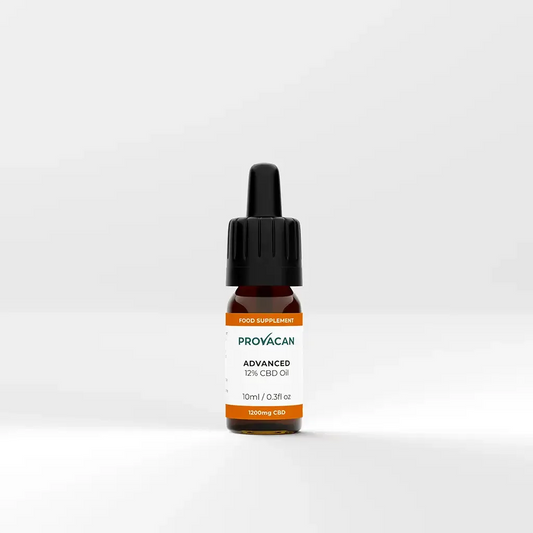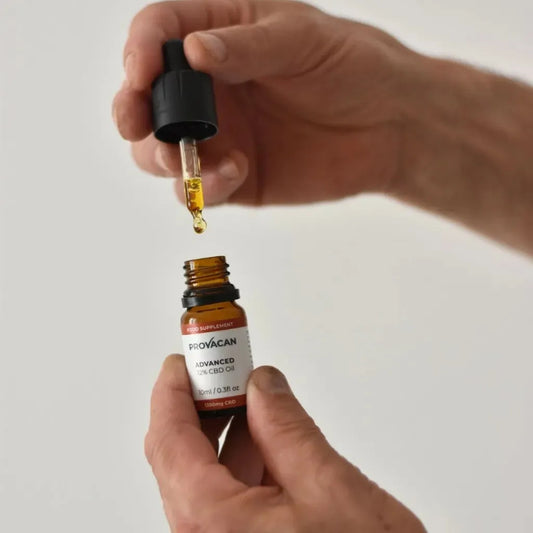Cannabidiol, more commonly known as CBD, has grown in popularity over recent years. A primary reason for its increased attention is due to its potential therapeutic properties. CBD is a naturally occurring compound found in cannabis plants. But what exactly is it? And does it work the same for everyone? Let’s delve into these questions.
The Origin of CBD
CBD is one of the over 100 cannabinoids – chemical compounds found in both hemp and marijuana, two types of cannabis plants. Unlike tetrahydrocannabinol (THC), which is the primary active ingredient in marijuana, CBD is non-psychoactive. This means it doesn’t create the ‘high’ associated with THC, making it more appealing to those seeking potential health benefits without the mind-altering effects.
CBD and the Law: UK Perspective
When it comes to the UK, the law around CBD is clear. CBD is entirely legal as long as it contains no more than 0.2% THC. Additionally, the CBD oil must be extracted from an industrially grown strain of hemp that has been approved by the European Union (EU). This ensures that only high-quality, regulated products make their way to consumers.
The Potential Benefits of CBD
Research into CBD and its potential health benefits is still in the early stages. However, early studies and anecdotal reports have shown promise in several areas. These potential benefits include relief from chronic pain, reduction of anxiety and depression, alleviation of cancer-related symptoms, and improvement in sleep patterns. Additionally, CBD has shown neuroprotective properties, suggesting it could play a role in conditions like Alzheimer’s and Parkinson’s disease.
How Does CBD Work?
Interaction with the Endocannabinoid System
To understand how CBD works, we must first explore the endocannabinoid system (ECS). This system is a complex cell-signalling system in our bodies that plays a role in maintaining homeostasis – the body’s natural balance. The ECS is composed of endocannabinoids (naturally produced cannabinoids in the body), enzymes, and receptors.
CBD’s interactions with the ECS are believed to trigger its potential therapeutic effects. CBD does not directly bind to the receptors in the ECS but instead appears to interact with them in a way that allows the body to use more of its endocannabinoids.
The Role of Cannabinoid Receptors
The ECS comprises two primary receptors: CB1 and CB2. CB1 receptors are mostly found in the brain and are associated with cognitive actions such as mood, memory, and appetite. CB2 receptors are more common in the immune system and are linked with inflammation and pain.
While THC binds directly with these receptors, CBD doesn’t. Instead, it seems to influence them indirectly, potentially promoting overall wellness and maintaining the body’s natural balance.
Does CBD Work for Everyone?
The simple answer to this question is that there’s no one-size-fits-all approach when it comes to CBD. Its effects can vary widely among individuals due to a multitude of factors.
Personalised Experiences with CBD
Every person is unique, and so too is their response to CBD. This variability is due to factors like age, weight, metabolism, and overall health. For instance, a young, healthy individual with a fast metabolism might metabolise CBD more quickly than an older person or someone with a slower metabolism.
Additionally, someone with a specific health condition might react differently to CBD compared to someone who is generally healthy. Therefore, while one person might find relief from anxiety with CBD, another might not notice any difference.
Factors Affecting CBD’s Efficacy
Dosage
The amount of CBD that an individual consumes plays a significant role in how it will affect them. There’s no universally recommended dose since everyone is different. It might take some trial and error to find the right dose for you. It’s often recommended to start with a low dose and gradually increase it until you find a level that provides the desired effects.
Method of Consumption
The method by which CBD is consumed can greatly impact its effectiveness. There are various ways to consume CBD, including oils and tinctures, capsules and pills, edibles like gummies, vaping, and topical applications such as creams and lotions.
Each method has its absorption rate and time of onset for effects. For instance, CBD oil taken sublingually (under the tongue) tends to enter the bloodstream more quickly than edibles, which have to go through the digestive system first.
Individual’s Health Condition
The physical health and personal biochemistry of the individual using CBD can also influence how it works. Certain health conditions might respond differently to CBD. For example, someone with chronic pain might find relief from a higher dose of CBD, while someone with mild anxiety might require a lower dose.
Risks and Side Effects of CBD
While CBD oil is generally considered safe, it’s not without potential side effects. Some people may experience dry mouth, reduced appetite, drowsiness, or fatigue. CBD can also interact with certain medications, so it’s important to talk with a healthcare provider before starting to use CBD, particularly if you’re already taking other medications.
Wrapping Up: CBD’s Individualised Effects
Although CBD shows promise in a range of therapeutic areas, it’s clear that it doesn’t work the same for everyone. Its effectiveness can be influenced by a variety of factors, including dosage, method of consumption, and individual health conditions. As such, it’s crucial to approach CBD use with an understanding of these factors and a willingness to experiment until you find what works best for you.
Frequently Asked Questions
Is CBD legal in the UK?
Yes, CBD is legal in the UK as long as it contains no more than 0.2% THC and is derived from an approved industrial hemp strain.
Does CBD produce a ‘high’ effect?
No, CBD is non-psychoactive and does not produce the ‘high’ that’s associated with THC.
What are some potential benefits of CBD?
CBD may offer relief from conditions like chronic pain, anxiety, depression, and insomnia. However, more research is needed to confirm these effects.
Are there any side effects of CBD?
Potential side effects can include dry mouth, decreased appetite, drowsiness, or fatigue. It can also interact with certain medications.
Does CBD work for everyone?
The effects of CBD can vary greatly from person to person. Individual factors such as dosage, method of consumption such as oral or Topical, and overall health can influence its effectiveness.
References
-
Pertaining to the legality of CBD in the UK: UK Government, Home Office. “Drug Licensing Factsheet- Cannabis, CBD and other cannabinoids.” GOV.UK, 2021. https://www.gov.uk/government/publications/cannabis-cbd-and-other-cannabinoids-drug-licensing-factsheet
-
For information about CBD and its potential benefits: “Cannabidiol (CBD) Critical Review Report.” World Health Organization, 2018. https://www.who.int/medicines/access/controlled-substances/CannabidiolCriticalReview.pdf
-
On CBD’s interaction with the endocannabinoid system: Pertwee, R.G. “The diverse CB1 and CB2 receptor pharmacology of three plant cannabinoids: Δ9-tetrahydrocannabinol, cannabidiol and Δ9-tetrahydrocannabivarin.” British Journal of Pharmacology, 2008. https://bpspubs.onlinelibrary.wiley.com/doi/full/10.1038/sj.bjp.0707442
-
For potential side effects of CBD: Iffland, K., & Grotenhermen, F. “An Update on Safety and Side Effects of Cannabidiol: A Review of Clinical Data and Relevant Animal Studies.” Cannabis and Cannabinoid Research, 2017. https://www.liebertpub.com/doi/10.1089/can.2016.0034


